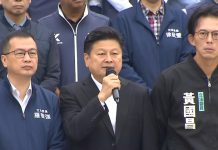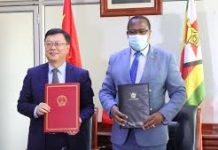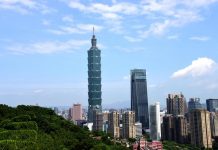BEIJING: In Zhu Guiyan’s memory, two snowfall days stand out vividly. One was decades ago, when she was exhausted from a hard day’s work as a road cleaner clearing unusually heavy snow. The other was in 2018, when she was once again sweeping snow when the news came that she had been elected as a deputy to the National People’s Congress (NPC), the top legislature.
“I was both surprised and honored,” the 53-year-old told Beijing Review during her stay in Beijing to attend this year’s annual session of the 13th NPC as a member of the delegation from Jilin Province in the northeast.
People’s voices: Before the First Session of the 13th NPC began in 2018, a total of 2,980 deputies were elected to it from all walks of life. More than 15 percent of them are frontline workers and farmers. Women deputies number 742. Each congress serves a five-year term, and usually holds a plenary session every year. The latest session, the fourth one of the 13th NPC, was held from March 5 to 11.
The lawmakers are elected by people’s congresses in the provinces, autonomous regions and municipalities under the direct jurisdiction of the Central Government. The election of deputies from Hong Kong and Macao special administrative regions and Taiwan follow separate rules. The armed forces select their own deputies. The deputies submit motions and suggestions at the annual session covering a wide gamut of topics, from science and technological development to education, public health and social affairs. Subsequently, new policies are issued incorporating many of their inputs.
“The overarching theme of the 14th Five-Year Plan is improving domestic conditions, boosting the quality of growth and people’s livelihood, and strengthening environmental protection,” Chen Fengying, a research fellow at the China Institutes of Contemporary International Relations, said.
– The Daily Mail-Beijing Review News exchange item






